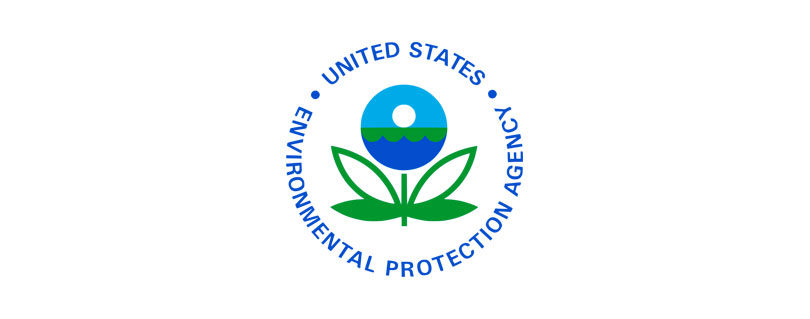United States and Commonwealth of Massachusetts Announce Settlement with City of Gloucester to Upgrade Sewage Treatment Infrastructure
Publilshed by the U.S. Environmental Protection Agency (EPA)
WASHINGTON – The U.S. Environmental Protection Agency (EPA), U.S. Department of Justice and the Commonwealth of Massachusetts have entered into a consent decree with the City of Gloucester, Massachusetts, to resolve violations of the Clean Water Act regarding the city’s water pollution control facility that discharges undertreated effluent into Massachusetts Bay.
The settlement requires Gloucester to undertake a construction project to add secondary treatment to its water pollution control facility. Secondary treatment is a combination of physical and biological processes that break down many harmful elements in municipal sewage. The city has operated without secondary controls on its treatment plant under a permit waiver issued most recently in 2001. EPA and the Massachusetts Department of Environmental Protection (MassDEP) more recently determined that upgrading the City’s treatment plant to provide secondary treatment was needed to address water pollution in Massachusetts Bay. In response, under the proposed settlement the city agreed to proceed with the upgrades. The cost of the remedial measures is expected to be in excess of $150 million.
“Sewage can carry harmful pollutants, posing potential harm to human health and aquatic organisms,” said Acting Assistant Administrator Larry Starfield of EPA’s Office of Enforcement and Compliance Assurance. “By reducing discharges into Massachusetts Bay, this settlement will result in cleaner, safer water, benefiting both local communities and the environment.”
“The Clean Water Act requires controls to limit the harmful impacts of sewage discharges,” said Assistant Attorney General Todd Kim of the Justice Department’s Environment and Natural Resources Division. “The settlement will ensure significant, long-term investment into the City’s water treatment infrastructure to safeguard the health of Massachusetts Bay.”
“This settlement is the result of many years of work between EPA and our state and local partners to address sewage pollution from this community entering Massachusetts Bay. The work required under the proposed settlement will help result in cleaner and healthier water for overburdened communities, and a better-protected environment in nearby areas. Notably, this means Gloucester will be the final major city in the eastern U.S. to install secondary treatment at their wastewater treatment facilities. The timing of this is fortunate, as it is a great time to make investments in water treatment infrastructure thanks to funding assistance available in the Bipartisan Infrastructure Law that may help defray costs borne by local ratepayers,” said EPA New England Regional Administrator David W. Cash.
“We are grateful to our federal and municipal partners for working with us to improve the water quality, and thus the overall health, of Gloucester’s residents,” said Massachusetts Attorney General Andrea Joy Campbell. “These are necessary measures as we continue to ensure that residents, especially those in our coastal communities, live in a healthy and safe environment.”
“The wastewater treatment plant in Gloucester is the only remaining facility without secondary treatment in all of New England, so this consent decree is vitally important to protect and improve the environment in the Gloucester area,” said MassDEP Acting Commissioner Gary Moran. “MassDEP will continue to work with the city and the EPA to prioritize the design and construction of the new treatment facility and support the utilization of substantial federal and state funding for its completion.”
In 2022, EPA issued a new National Pollutant Discharge Elimination System Permit to the City of Gloucester which included pollution limits that the current treatment plant cannot meet because the plant only provides primary treatment, known as clarification or settling and disinfection. Complying with the proposed consent decree, if entered by the federal court, will help ensure that Gloucester comes into compliance with the Clean Water Act.
The City of Gloucester has already provided an aggressive schedule to EPA and MassDEP for design and construction of secondary treatment. The city has proposed to complete design and bidding of the project by the end of 2024, complete construction of secondary treatment by the end of 2027, and achieve compliance with all permit limits by March 30, 2028.
Undertreated sewage from the city’s existing water treatment facility results in a variety of harmful discharges into Massachusetts Bay, including disease causing organisms and toxic pollutants.
The proposed consent decree is subject to a 30-day public comment period and court approval after it is published in the Federal Register. It is available on the Department of Justice website.
Read the full article at: https://www.epa.gov/newsreleases/united-states-and-commonwealth-massachusetts-announce-settlement-city-gloucester



